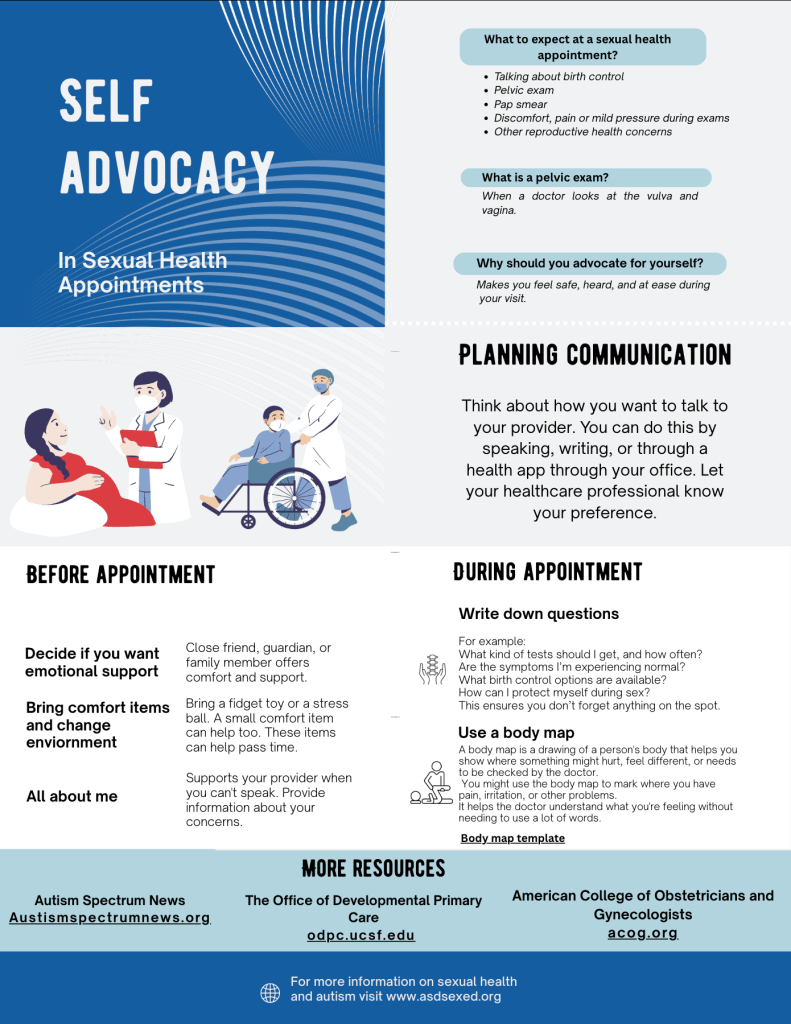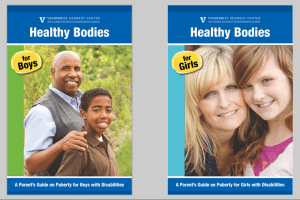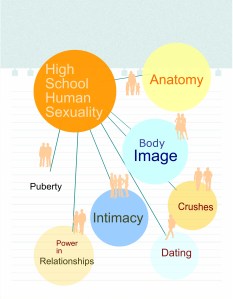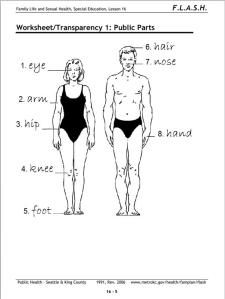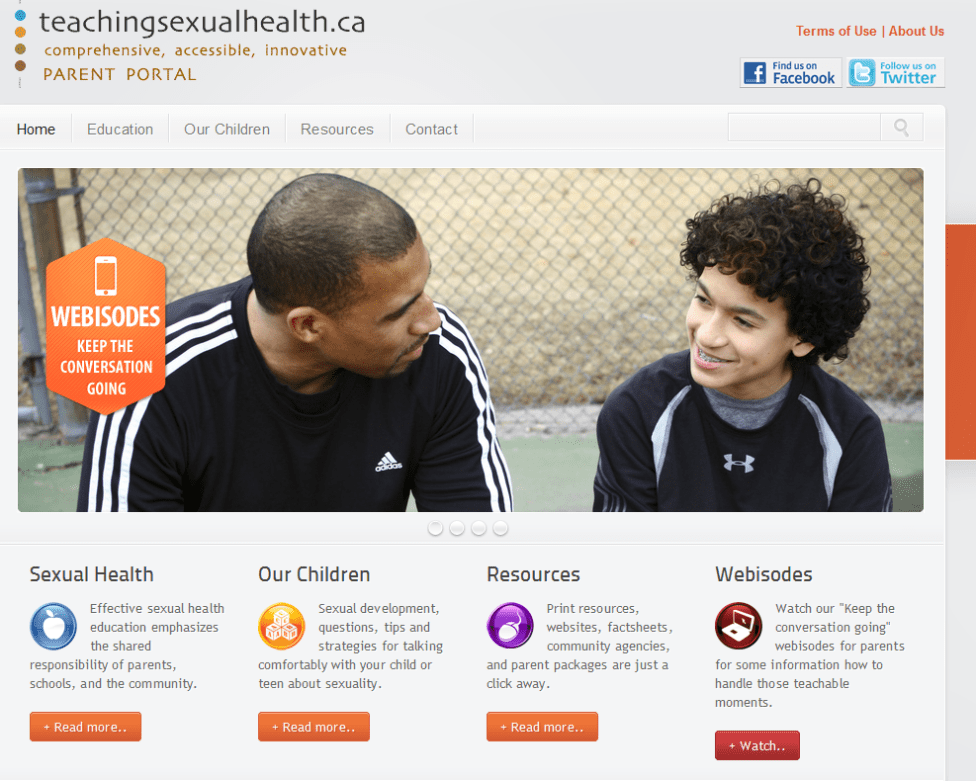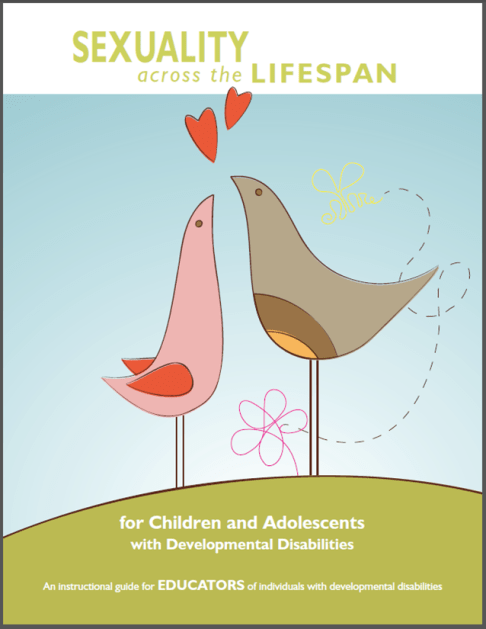Pelvic exams and sexual health appointments can feel like a lot to handle. A pelvic exam is when a doctor looks at the vulva and vagina. You can calm your nerves by preparing ahead of time. Setting boundaries beforehand also helps. Speaking up for yourself will make you feel safe, heard, and at ease during your visit.
First, what to expect at a sexual health appointment:
- Routine checkup
- Discomfort, pain or mild pressure
- Talking about birth control
- Pelvic exam
- Pap smear
- Reproductive health concerns
- Infertility
- Sexual transmitted infections
- Pregnancy complications
Before your appointment:
- Decide if you want emotional support.
- A close friend, guardian, or family member offers comfort and support.
- Bring comfort items.
- If waiting rooms make you anxious, bring a fidget toy or a stress ball. A small comfort item can help too. These items can help pass time.
- Planning Communication
- Think about how you want to talk to your provider. You can do this by speaking, writing, or using a patient portal. Let your healthcare professional know your preference.
- Adjust the environment.
- Share your lighting preferences. Should it be bright or dim? This will help you feel at ease.
- If the noise or lights bother you, you can wait in the car until the professionals are ready for you.
During Appointment:
- Write down questions.
- It’s easy to forget questions you had before the professional sees you. Writing or typing them first helps you cover everything you want.
- Visuals
- A body map is a visual tool, a drawing of a persons body. You can show areas of interest on your body by simply pointing. It helps you show where something can hurt or feel different. It also indicates where something needs to be checked by the doctor.
- If you’re visiting a doctor focused on private parts or sexual health, you can use the body map. For example, it helps show specific areas of concern. Without needing to use a lot of words.
- Point to or circle areas you want to discuss
- Use colors or symbols to show pain (ex: red for pain)
- Write how it feels (sharp, dull, tingly)
- Check out this Body map template.
- Use resources
- For more information on sexual health and autism check out this toolkit from Autism Spectrum News.
- For extra support, check out these resources. Visit the American College of OB-GYN. Explore the Office of Developmental Primary Care. Finally, see this Sexual Health Canva.
To prepare for your sexual health appointment, follow these simple steps. It also ensures that all your concerns are covered and helps you feel at ease. Your comfort and well-being are always a number one priority.
